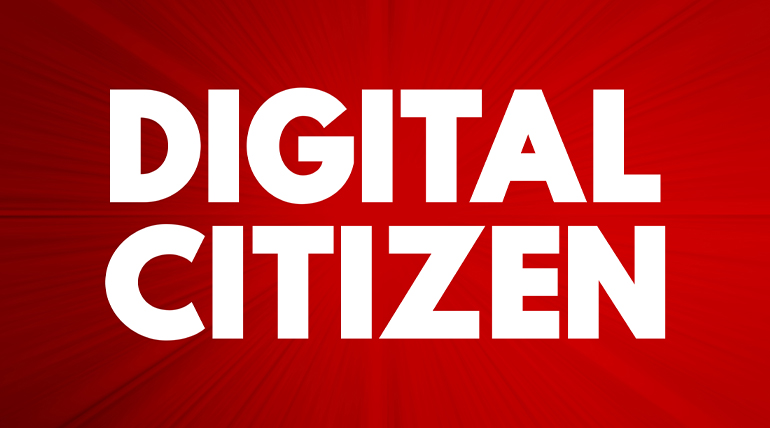As the world becomes increasingly reliant on technology and digital platforms, the concept of digital citizenship has become more important than ever. Digital citizenship encompasses the responsible and ethical use of technology, emphasizing the need for individuals to understand and navigate the digital world in a way that is safe, respectful, and beneficial for all users. This article will explore the key aspects of digital citizenship and why it is crucial for individuals, educators, and society as a whole.
1. Online Safety and Security
Digital citizenship begins with the understanding of online safety and security. This includes the protection of personal information, using secure passwords, and avoiding harmful or malicious content. By educating individuals on how to safeguard their digital presence, they can minimize risks and contribute to a safer online environment.
2. Digital Literacy
Digital literacy involves the ability to navigate and understand various digital platforms, tools, and technologies. Equipping individuals with these skills enables them to access and evaluate information critically, ensuring that they can effectively participate in the digital world.
3. Responsible Use of Technology
A responsible digital citizen understands the importance of using technology in a way that is ethical, respectful, and mindful of others. This includes avoiding cyberbullying, plagiarism, and other forms of digital misconduct. Additionally, responsible digital citizens are aware of their digital footprint, ensuring that their online actions align with their personal values and professional aspirations.
4. Promoting Digital Inclusion
Digital citizenship also involves promoting equal access to digital resources and opportunities for all individuals. By addressing the digital divide and working towards greater inclusivity, society can ensure that everyone has the tools and knowledge needed to engage in the digital world effectively.
5. Educating Future Generations
To foster responsible digital citizens, educators must integrate digital citizenship concepts into their curriculum. By providing students with the skills and knowledge they need to navigate the digital world safely and responsibly, schools can empower the next generation to harness the power of technology for positive change.
In conclusion, digital citizenship is a vital component of modern society. By promoting responsible and ethical use of technology, fostering digital literacy, and ensuring equal access to digital resources, we can create a safer and more inclusive digital world. As technology continues to advance, the importance of digital citizenship will only grow, making it essential for individuals, educators, and society as a whole to prioritize these values and practices.
Credits: Pi.ai
Download the Article here – Digital Citizenship


